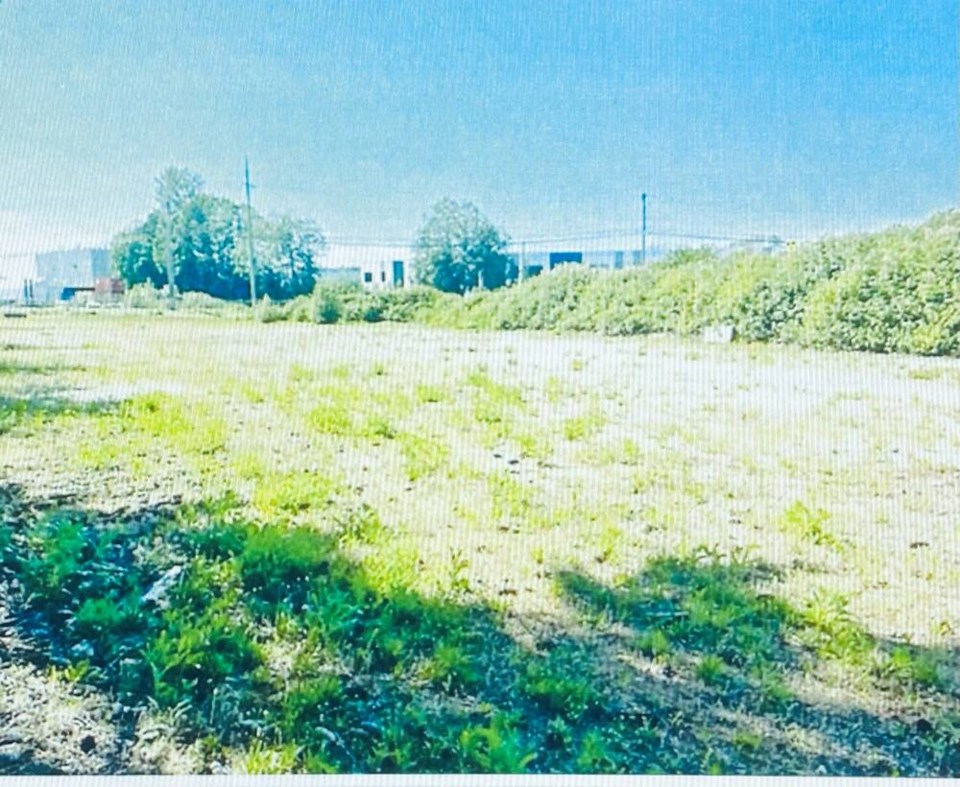Council this week gave final approval to a plan to convert a piece of unused city-owned land in Tilbury into a valuable industrial property.
The irregularly-shaped portion is a vacant dedicated road which is just under two acres in size, a parcel located north of 7831 Vantage Way and bordering River Road to the west and the CN Railway to the north and east.
The closed road area is unimproved with no road-related or other infrastructure or underground utilities.
A road closure bylaw was required in order to raise the zoning to the I2 - Medium Impact Industrial Zone.
Given the regional shortage of industrial land, and as part of Delta’s land optimization program, council directed staff to optimize the use of the land through a lease, which first required the road to be closed and title to be raised, a staff report notes, adding it can then be put on the open market for lease to an industrial user.
Industrial ground lease rates in the area are currently in the range of $3-to-$4 per square foot, depending on use, according to the report.
Since there is no direct access to the closed road area, the new tenant will be required to construct a driveway off River Road.
The report also notes that staff received approval from the Ministry of Transportation and Infrastructure, since the closed road area is within 800 metres of an arterial highway.
Staff also confirmed the road area is not required for municipal purposes and that there are no other users of the road or property owners adversely affected by the road closure bylaw, conditions that preclude approval.
A recent presentation to Metro Vancouver’s Planning Committee by the Greater Vancouver Board of Trade and NAIOP Vancouver Chapter highlighted the economic challenges the region faces with a shortage of industrial land, having commissioned a study.
A joint news release prior to the presentation noted that the findings show that industrial lands make up just four per cent of the total land mass in the region but result in over 450,000 direct and indirect jobs, $50.1 billion in GDP, and an overall output of $92.5 billion.
“For years, many businesses and market commentators were forecasting that we would have a crisis of industrial land similar to our housing crisis. The data demonstrates that we have passed the tipping point and are now at a critical juncture. Vacancy rates are hovering around 1.0%, among the lowest in North America. The lack of available land has contributed to skyrocketing prices, with average land costs tripling over the last five years. Average costs per acre are now roughly six times higher in our region than in Metro Seattle or Calgary,” the news release warned.
The study makes a number of recommendations for municipalities, Metro Vancouver and the provincial government to take action to address identified barriers. Those barriers include, among other things, lands lacking access to key transportation corridors and infrastructure.




